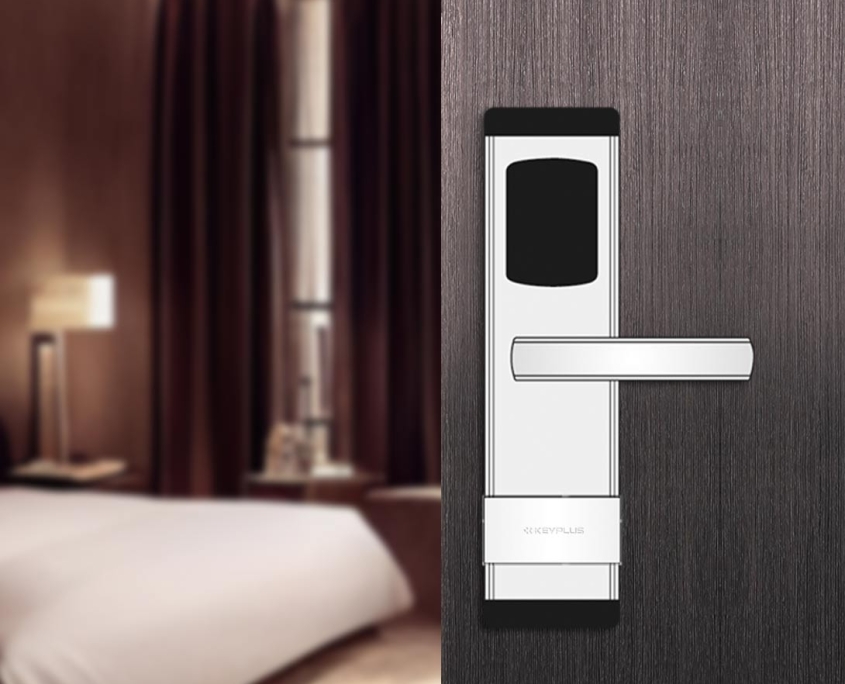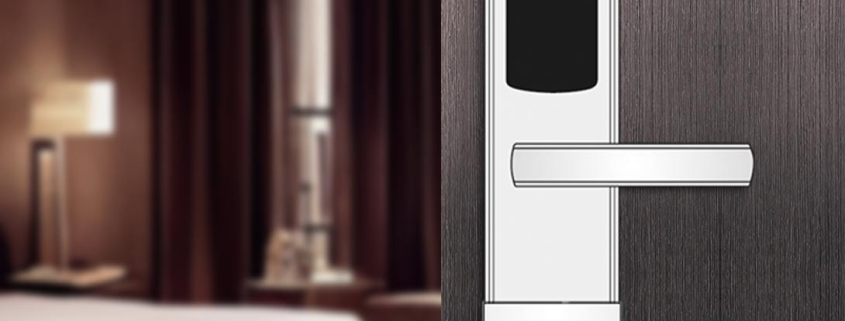What is electronic locking system in hotel?
What Is an Electronic Locking System in Hotels?
In today’s fast-paced world, security and convenience are top priorities for both hotel guests and management. One of the most significant advancements in hospitality technology is the electronic locking system (ELS). These systems have replaced traditional metal keys with high-tech solutions that enhance security, streamline operations, and improve the guest experience.
But what exactly is an electronic locking system in hotels, and how does it work? This article will explore the key features, benefits, and types of electronic locks used in the hospitality industry, providing a comprehensive understanding of why they are now the standard in modern hotels.
How Electronic Locking Systems Work
An electronic locking system uses digital technology to control access to hotel rooms. Instead of physical keys, guests receive keycards, mobile keys (via smartphone apps), or even biometric credentials (like fingerprints or facial recognition) to unlock their doors.
Here’s a breakdown of how these systems function:
-
Credential Issuance – Upon check-in, guests receive an access credential (card, mobile key, or PIN code).
-
Encrypted Communication – The lock communicates with the credential via RFID (Radio Frequency Identification), Bluetooth, or NFC (Near Field Communication).
-
Access Validation – The lock verifies the credential’s validity (checking check-in/check-out dates and authorization levels).
-
Entry Granted or Denied – If approved, the door unlocks; if not, access is denied, and the system may log the attempt.
Hotel staff can program these locks remotely through a central management system, allowing for instant updates when guests extend their stay or check out early.
Types of Electronic Locking Systems in Hotels
There are several types of electronic locks used in hotels, each offering different levels of security and convenience:
1. RFID Keycard Locks
-
The most common type in hotels.
-
Guests tap or insert a plastic keycard near the reader.
-
Cards can be reprogrammed for new guests, reducing waste.
2. Mobile Key Locks (Bluetooth/NFC)
-
Guests unlock doors using their smartphones via an app.
-
Popular with tech-savvy travelers (used by major chains like Marriott and Hilton).
-
Eliminates the need for physical keycards.
3. Biometric Locks
-
Uses fingerprints, facial recognition, or retina scans for access.
-
Highest level of security (no risk of lost keycards).
-
Still emerging in hotels but growing in luxury and high-security properties.
4. PIN Code Locks
-
Guests enter a unique numeric code to unlock the door.
-
No physical key or card required.
-
Often used in budget hotels or hostels.
5. Hybrid Locks (Multi-Technology Systems)
-
Combine two or more methods (e.g., RFID + mobile key).
-
Ensures backup access if one system fails.

Benefits of Electronic Locking Systems in Hotels
1. Enhanced Security
-
Traditional metal keys can be copied or stolen. Electronic locks use encrypted credentials that are nearly impossible to duplicate.
-
Auto-expiring keys ensure that former guests cannot re-enter after checkout.
-
Audit trails track who accessed a room and when, helping in investigations if needed.
2. Improved Guest Experience
-
No more lost keys – Guests can get a new keycard instantly or use a mobile key.
-
Faster check-in/check-out – Some hotels allow mobile keys before arrival.
-
Contactless entry – A major advantage post-pandemic.
3. Operational Efficiency for Hotels
-
Remote management – Staff can issue, revoke, or extend access without visiting the room.
-
Energy savings – Some systems integrate with HVAC, turning off lights/AC when the room is unoccupied.
-
Reduced key replacement costs – No need to rekey locks when keys are lost.
4. Flexibility for Different Access Levels
-
Housekeeping & staff – Temporary access can be granted only during cleaning hours.
-
Maintenance workers – Limited-time access for repairs.
-
VIP guests – Special access to premium areas (lounges, spas).
5. Integration with Other Hotel Systems
-
Property Management Systems (PMS) – Automatically syncs guest data with the locks.
-
Smart room controls – Allows guests to control lights, temperature, and TV via the same keycard/app.
Challenges and Considerations
While electronic locks offer many advantages, hotels should consider:
-
Initial Cost – Installing electronic locks is more expensive than traditional locks.
-
Technical Issues – Power outages or software glitches may temporarily disrupt access (backup batteries help).
-
Guest Familiarity – Some travelers (especially older guests) may prefer traditional keys and need guidance.
The Future of Hotel Electronic Locking Systems
As technology evolves, we can expect:
-
More biometric adoption – Facial recognition and fingerprint scans will become mainstream.
-
Voice-activated entry – “Hey Alexa, unlock my door!”
-
AI-powered security – Systems that detect suspicious behavior and alert staff.
Conclusion
Electronic locking systems have revolutionized hotel security and guest convenience. From RFID keycards to mobile keys and biometrics, these systems provide better safety, smoother operations, and a more modern guest experience.
For American travelers, the shift toward digital access is already familiar—many now expect smartphone check-ins and keyless entry. Hotels that invest in advanced locking systems not only improve security but also stay competitive in an increasingly tech-driven hospitality industry.
Whether you’re a hotel owner considering an upgrade or a guest curious about how these locks work, one thing is clear: The future of hotel access is electronic, and it’s here to stay.
Would you prefer a mobile key or a traditional keycard on your next hotel stay? Let us know in the comments!









